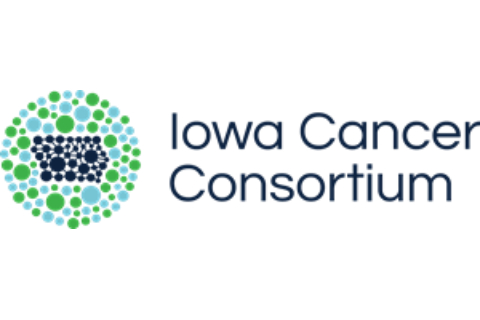By Matt Kelley (Radio Iowa)
A coalition of Iowa health care providers, researchers, cancer survivors and others is releasing its five-year Iowa Cancer Plan.
Rachel Schramm, program manager of the Iowa Cancer Consortium, says behind heart disease, cancer is the number-two cause of death in Iowa, so people need to take an active role in their health, and get regular screenings to stay healthy.
“Whether that’s just an individual who’s scheduling that colonoscopy, or someone that hears this report and is like, ‘Oh, I should really ask my parents about our family’s health history,’ we really want just the everyday Iowan to take those steps to reduce the burden of cancer in their community,” Schramm says.
It’s projected 22,000 Iowans will be diagnosed with cancer this year, while 6,300 Iowans will die from it. The report says the pandemic continues to disrupt the diagnosis and treatment of cancer by closing health care facilities, disrupting employment and health insurance, and the fear of COVID-19 exposure.
“Our health care systems are doing everything that they can to keep their environment safe,” Schramm says. “We know that cancer is most treatable when it is found and diagnosed early, so we really want to make sure that if people have put off a mammogram or a colonoscopy or a lung cancer screening, that they call their provider and make arrangements to do it.” It’s estimated more than nine-million people missed cancer screenings nationwide because of the pandemic. Colonoscopies had traditionally been done starting at age 50, but in recent years, it was pushed back to age 45 — or younger if there’s a family history of colon cancer. Schramm says early detection and screening helps to ensure an early diagnosis and much greater odds of survival.
“Lung cancer screening is kind of new for people,” Schramm says, “so definitely, if folks have a history of tobacco use, they should talk to their doctor about the screening that’s available for them.” She says one goal of the Iowa Cancer Plan is to address the unique needs of communities including providing education, funding, and support for local cancer control projects. See the full report at: www.canceriowa.org.




